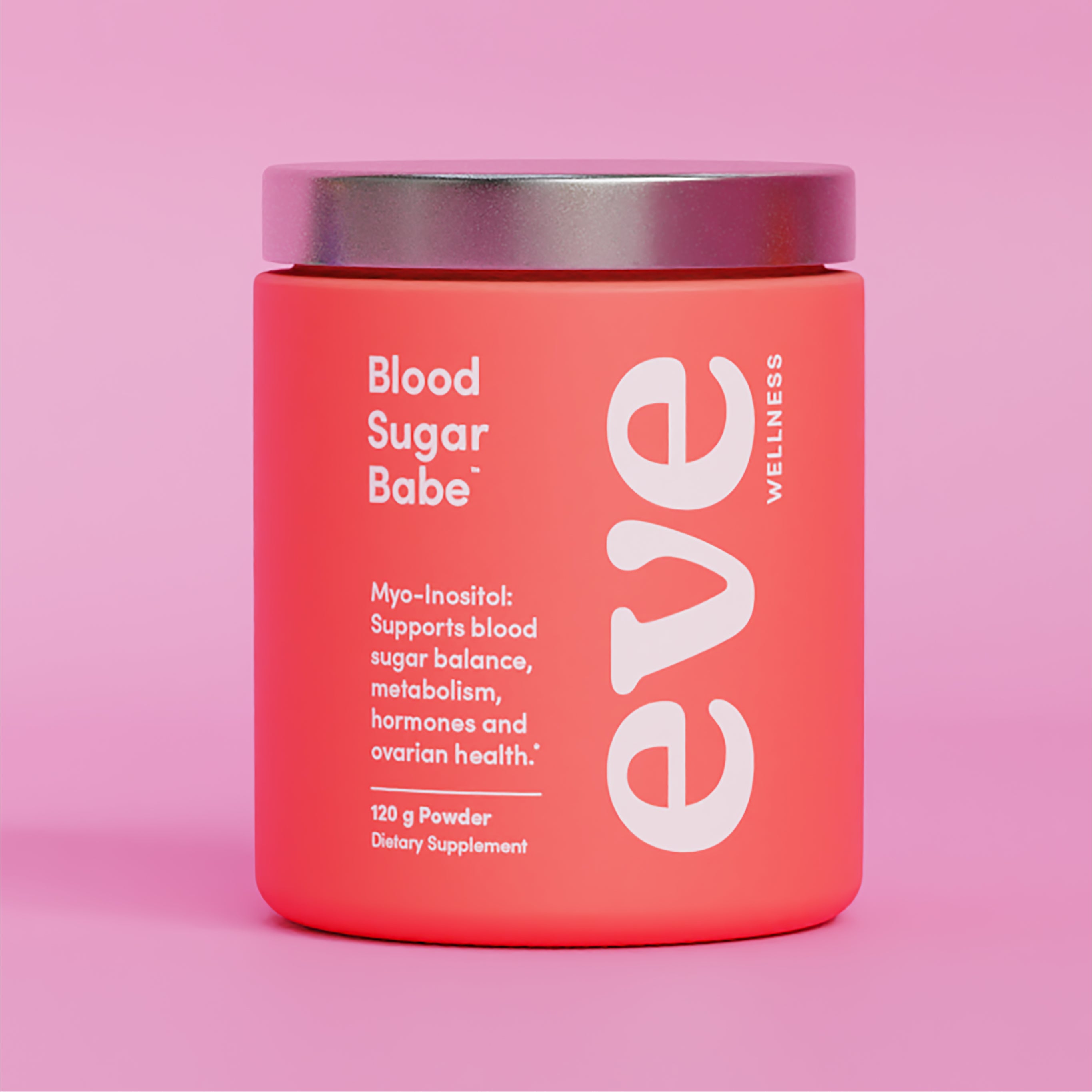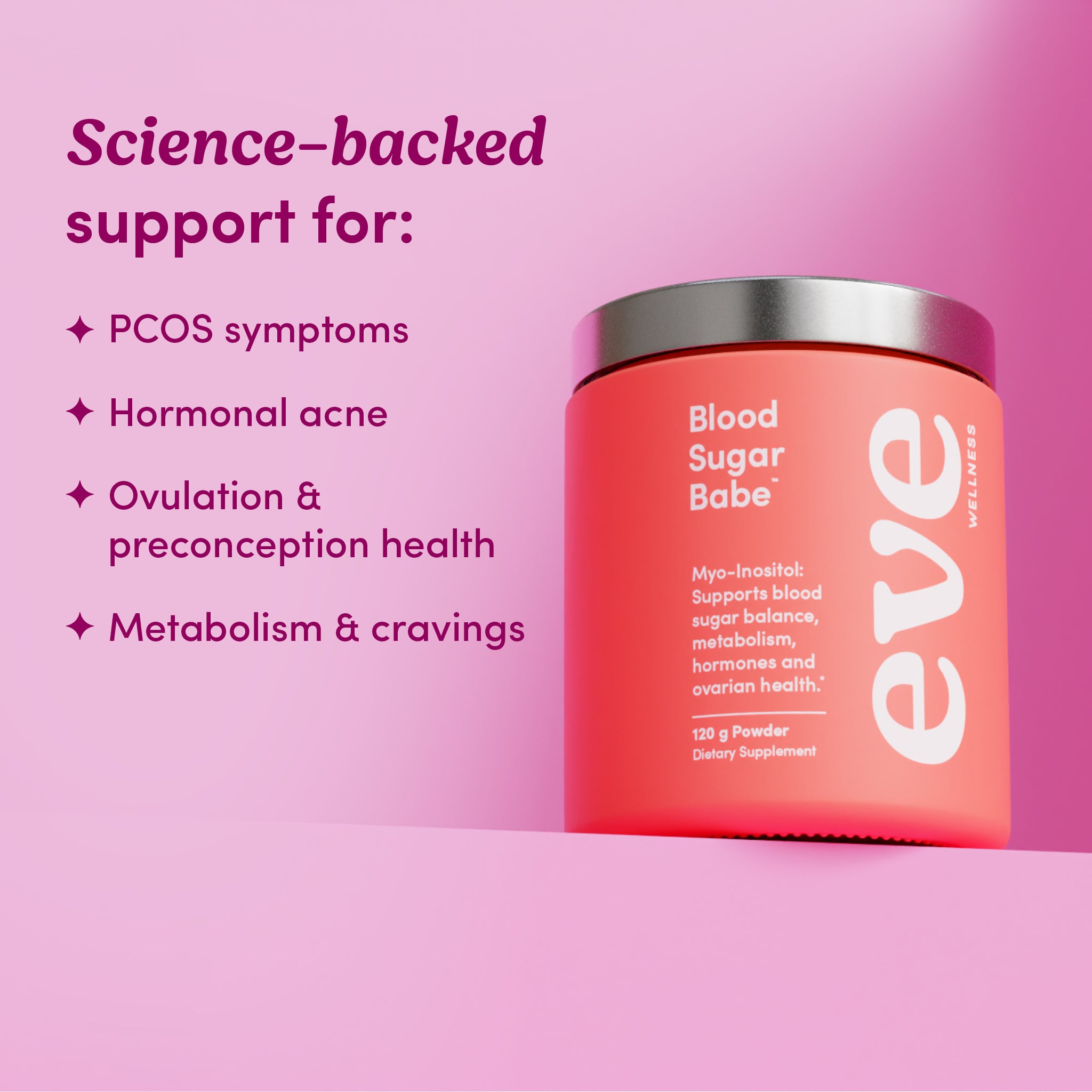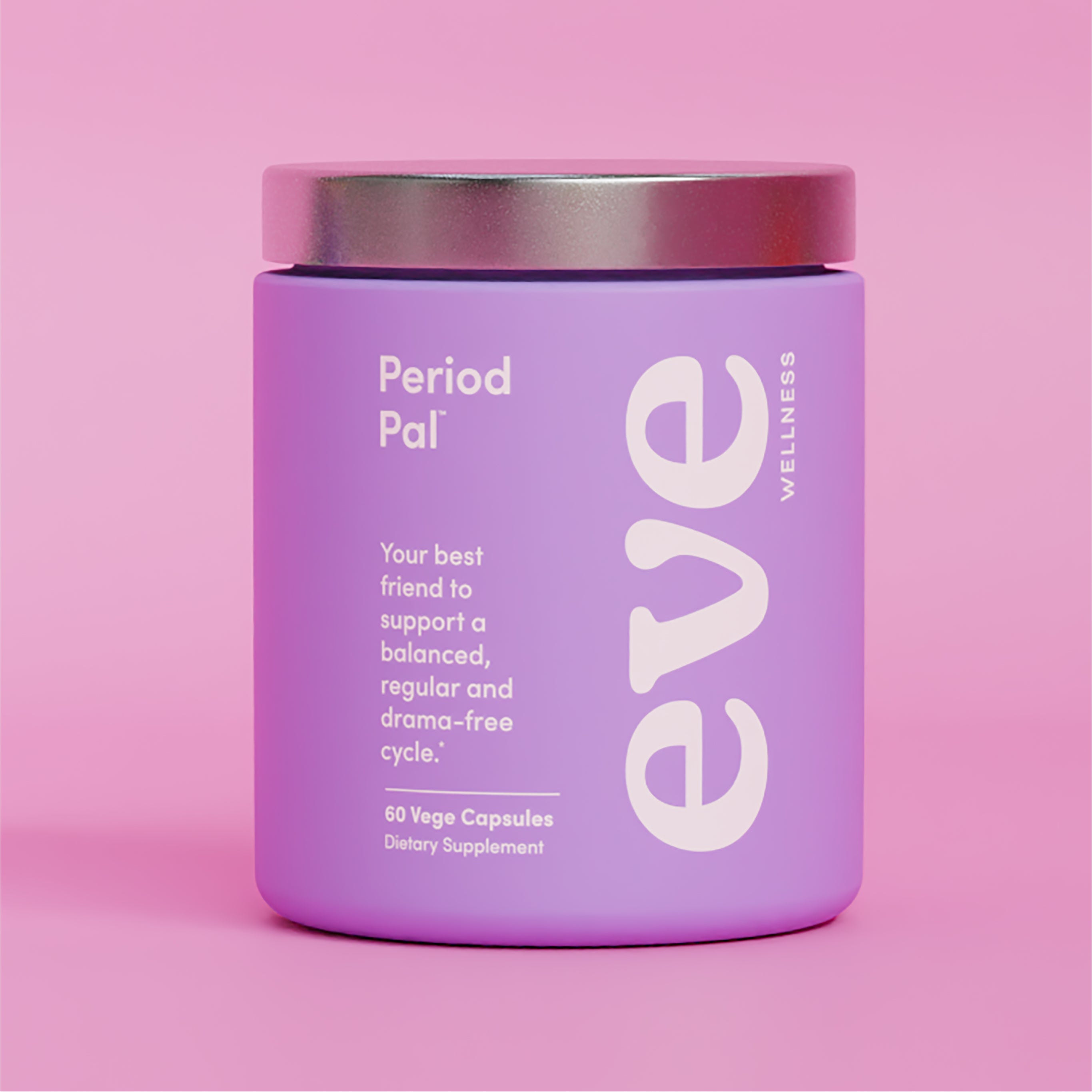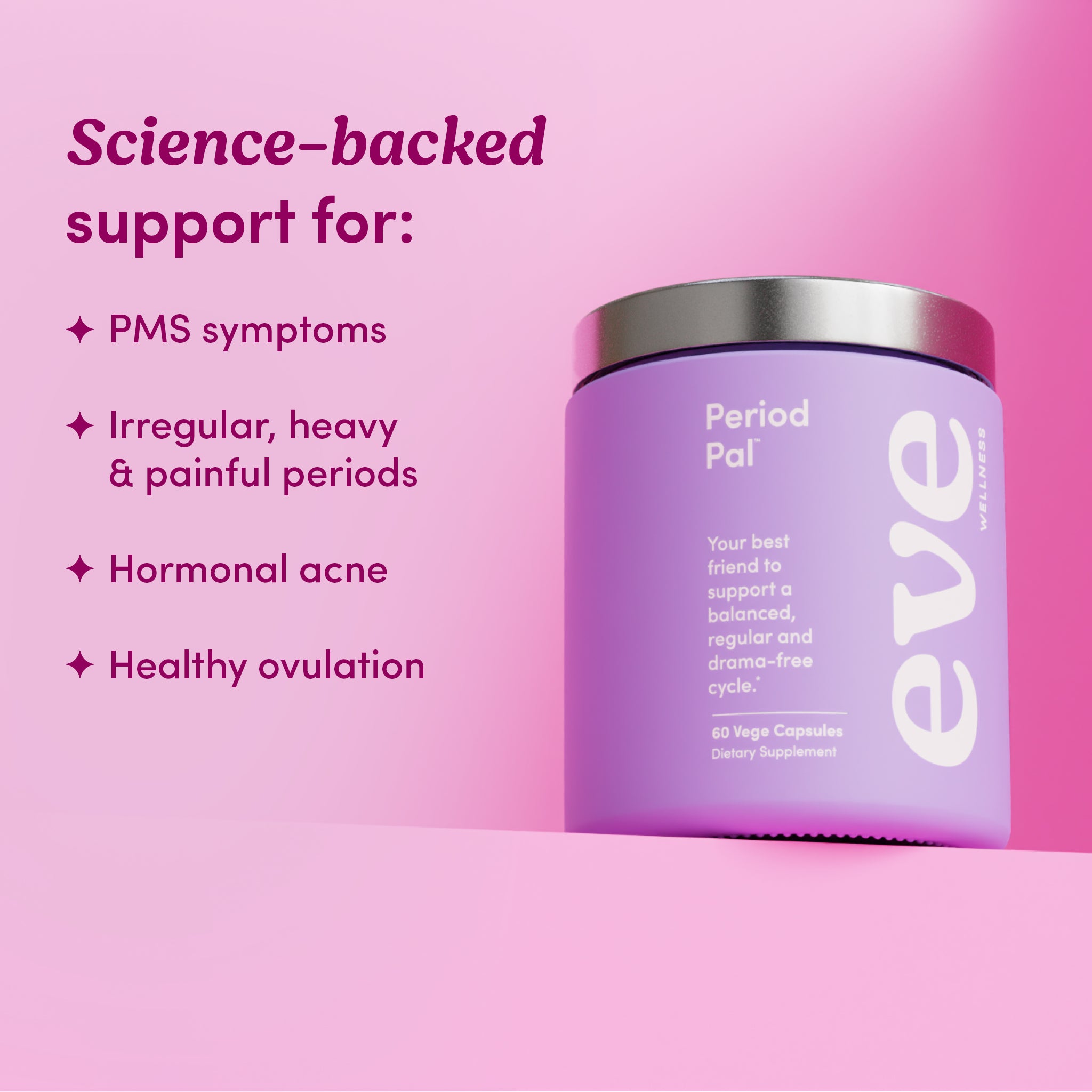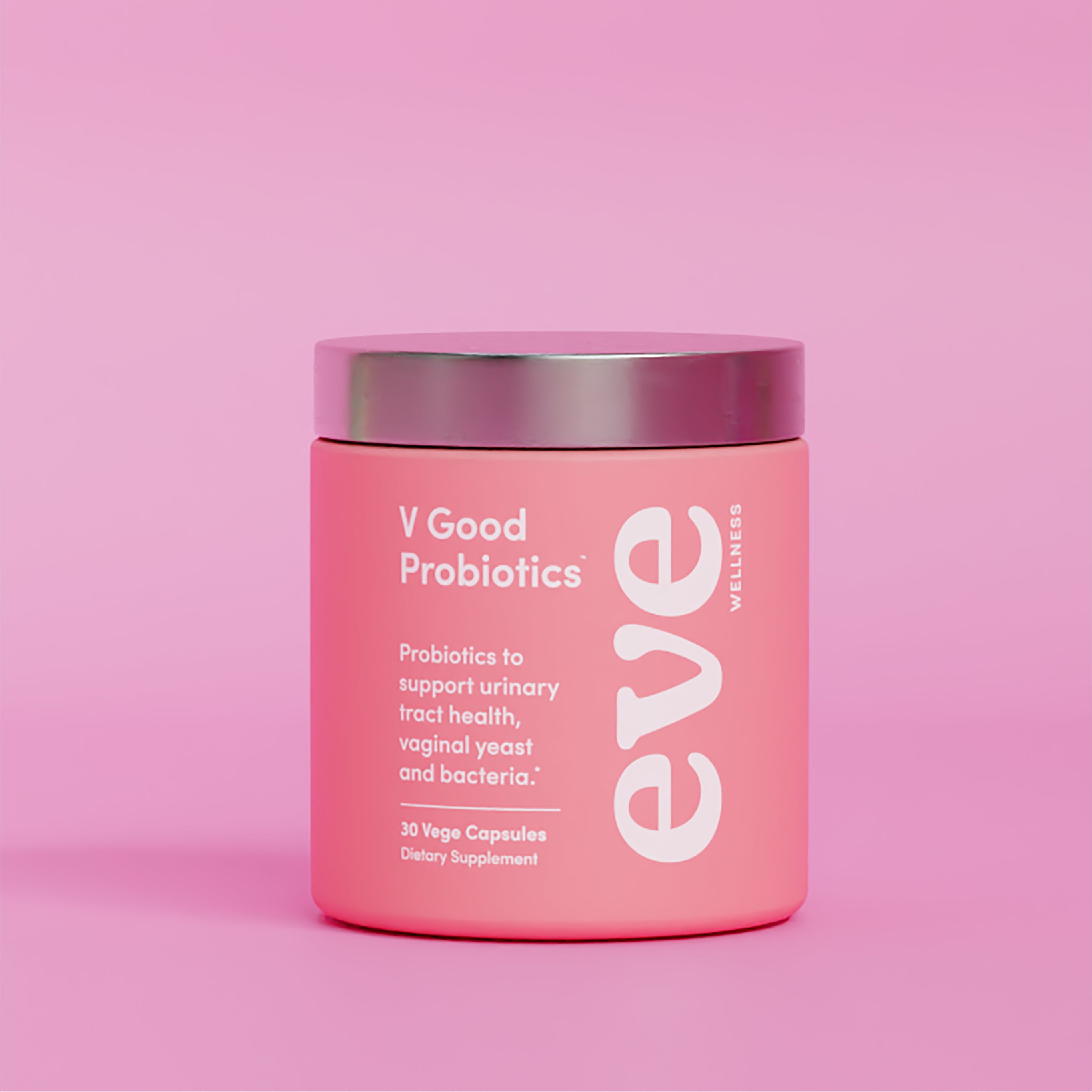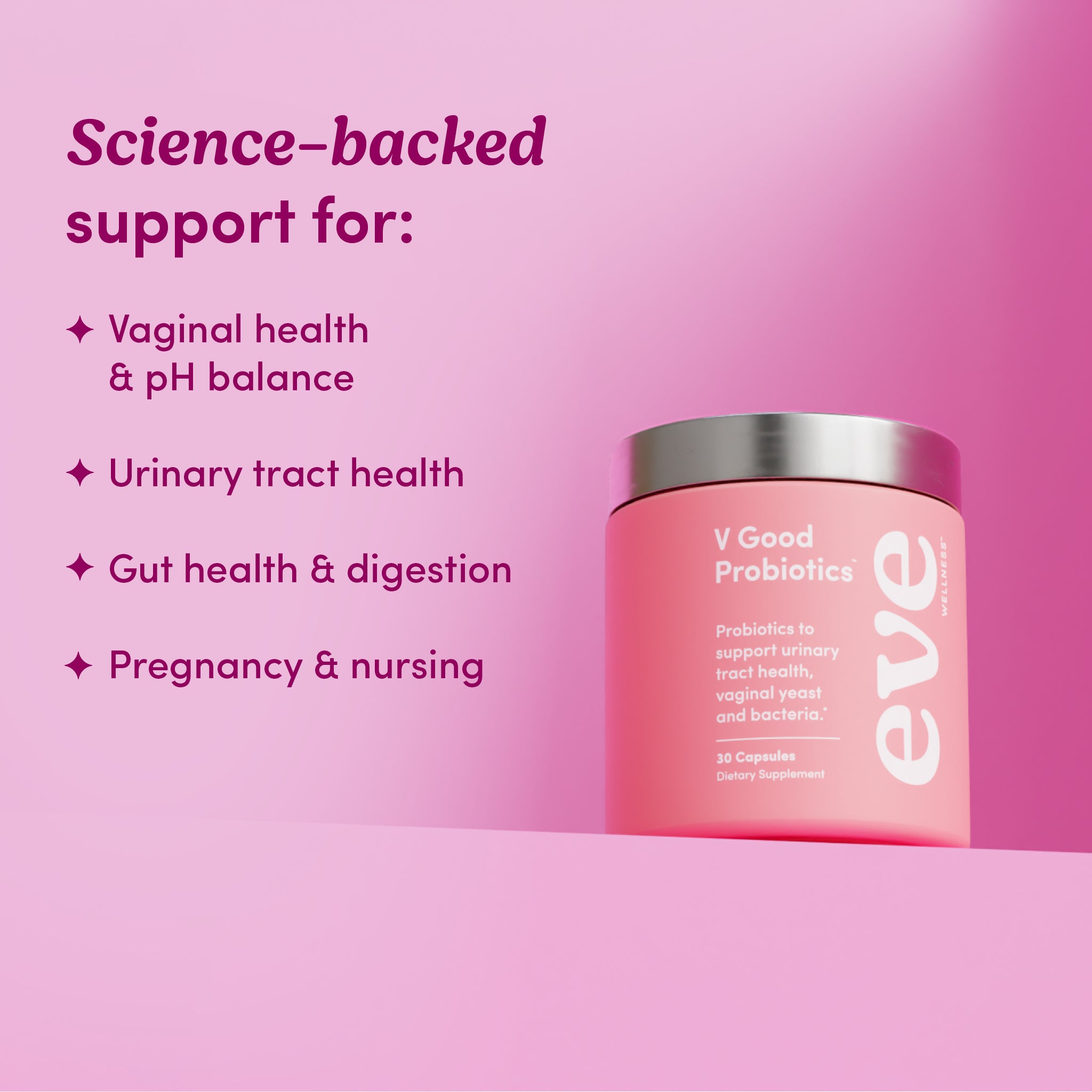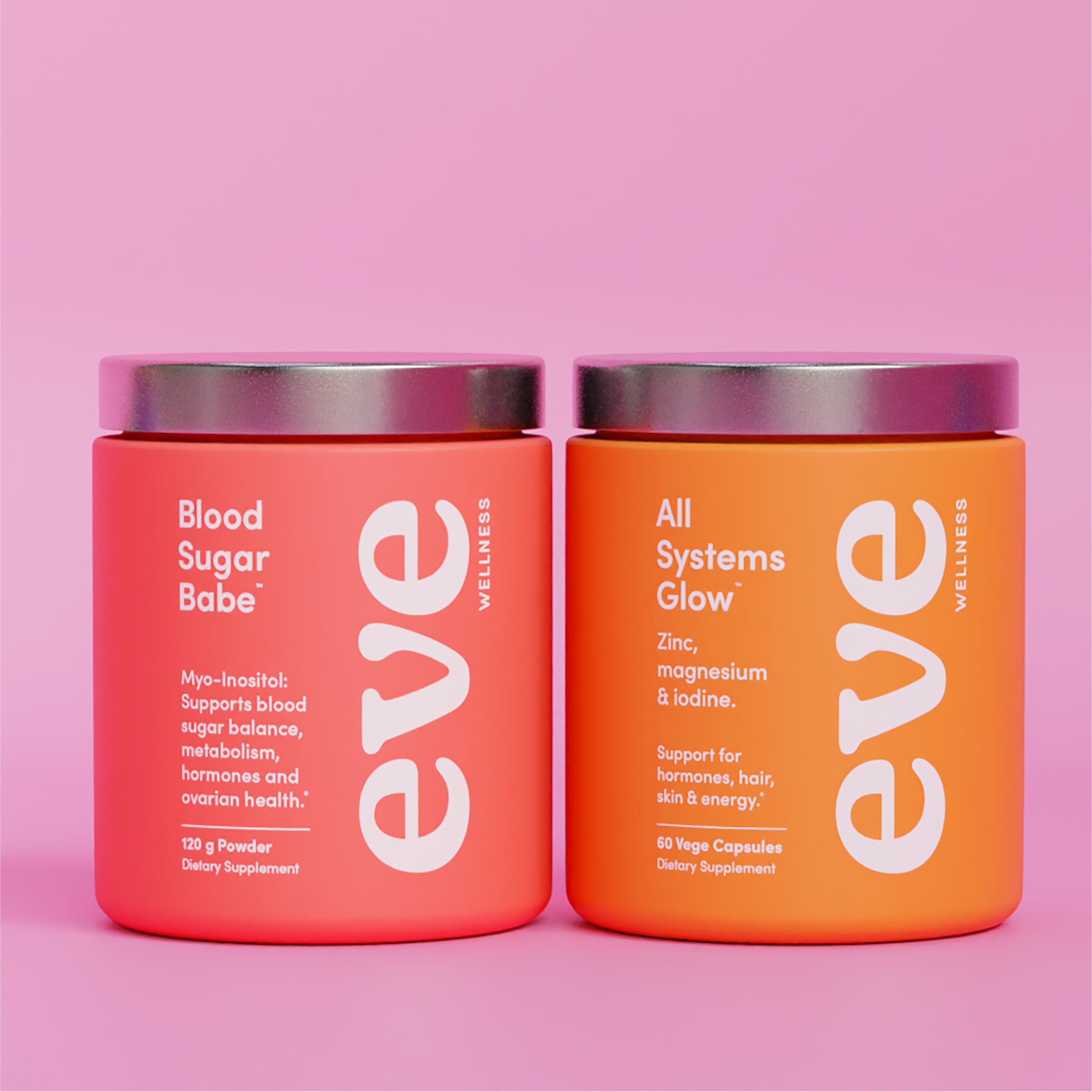Chances are if you’ve clicked on this blog, you suspect your period—or the period of someone you care deeply about—is on the heavier side.
Well, in that case, you’re absolutely in the right place, but how exactly do you know how heavy is heavy?
For starters, your period shouldn’t leave you feeling wiped out and depleted, you shouldn’t need to double up on period products for a leakage safety net, and you shouldn’t need to change products during the night.
The medical term used to describe bleeding too much or too long during your period is ‘Menorrhagia’, which talks to blood loss of more than 80ml per cycle. But take it from us, there is absolutely no need to get out the measuring spoons, trust your gut on this one. If what you are experiencing during your period doesn’t feel right, it probably isn’t.
While we’d recommend checking in with a trusted healthcare professional to rule out more serious health conditions, here are 5 common reasons for heavy periods, and what you can do to lighten them.
1. HIGH OESTROGEN
Oestrogen is our lovely feminising hormone that rises in the first half of your cycle and among many other things, thickens the lining of your uterus to prepare for a potential pregnancy.
With too much oestrogen on board, the uterine lining can grow much thicker than it needs to be, leading to a much heavier bleeding when the lining sheds during your period.
2. LOW PROGESTERONE
Progesterone is like the hormone equivalent of a chill pill, which helps to keep oestrogen in check and is really important during the early stages of pregnancy.
When you ovulate, around the middle of your cycle, you get a juicy dose of progesterone that tells the lining of your uterus it’s done enough growing, and can now just sit tight, and hope and pray for the arrival of a newly fertilised embryo.
And if you don’t ovulate, or have what’s called an ‘anovulatory cycle’, you don’t make much progesterone at all.
When this happens oestrogen levels—and the lining of your uterus—continue to grow, leading to heavier break-through bleeding when it eventually sheds.
3. POOR OESTROGEN METABOLISM
Oestrogen that the body no longer needs is dealt with by the liver and is broken down into one of three oestrogen metabolites: 2-OH-E1, 4-OH-E1 or 16-OH-E1.
While 2-OH-E1 is known to be pretty friendly, 4-OH-E1 and 16-OH-E1 are more inflammatory. If your liver is favouring these pathways it can feel a lot like high levels of oestrogen in the body, leading to increased PMS symptoms and heavier periods.
4. LOW IRON LEVELS
You’ve probably heard about iron levels in conversations about energy levels or red meat, but did you know that one of the many important roles of iron in the body is related to blood coagulation, or ‘clotting’?
This important function of iron can create a bit of a ‘catch 22’ for people with periods, as heavy periods can lower iron levels, and low iron levels can make periods even heavier.
Along with heavy periods, other signs of iron deficiency to watch out for include low energy, hair loss, pale skin and an increased heart rate.
5. IODINE DEFICIENCY
Iodine is a key mineral that is best known for its essential role in the normal functioning of the thyroid—a gland responsible for growth, brain development and metabolic rate; however, iodine plays an important role in hormone health too.
Along with supporting healthy oestrogen metabolism, oestrogen helps to stabilise oestrogen-sensitive tissue, including the brain, ovaries, uterus and breasts.
Low levels of iodine in the body can make these areas particularly sensitive to oestrogen, which is why breast tenderness and heavy periods can be key signs of iodine deficiency.
New Zealand soils are typically low in iodine, resulting in low levels of iodine in locally grown produce. The best food sources of iodine are seafood, seaweed, kelp and iodised salt.
HOW TO LIGHTEN A HEAVY PERIOD
CHECK-IN WITH YOUR HORMONES
Our key female sex hormones oestrogen & progesterone work together to control how much the lining of the uterus builds up, and when it sheds. Finding out how your body is producing and metabolising these hormones can help to shed some light on why you may be experiencing heavier bleeding during your period.
HAVE YOUR IRON LEVELS TESTED
According to the World Health Organisation, Iron is the most common deficiency in the western world and women of childbearing age are at the greatest risk. Checking your iron levels can be done through a blood test arranged by your GP.
If your iron is on the lower side, we recommend the new BePure Iron Restore for a gut-friendly, high-quality iron supplement.
SUPPORT OVULATION
One of the many wonderful benefits of progesterone is ensuring your uterine lining thickens only as much as it needs to, and your period doesn’t go on for too long.
To support your body to ovulate and ensure a juicy dose of progesterone each month, make sure to:
- Get real about your stress levels, and find ways to reduce what you can (cutting back on alcohol, caffeine and high-intensity exercise
- Eat enough, and include a good balance of carbohydrates, fats and protein in your diet. Restrictive diets and our hormones do not mix.
- Up your essential nutrients. Zinc, vitamin B6 all nourish the ovaries and help them do their job. These nutrients can be found in our beloved Period Pal.
LOVE YOUR LIVER
Your liver is the organ tasked with clearing out hormones we no longer need. If your liver is operating on the sluggish side, the result can be high oestrogen levels and inflammatory oestrogen metabolites - both of which can contribute to heavy periods.
To help your liver do its important job, make sure to:
- Eat plenty of cruciferous vegetables such as broccoli, cauliflower, cabbage and kale, which are especially rich in a compound called Diindolylmethane (DIM), which supports the liver in metabolising and detoxifying oestrogen.
- Reduce your intake of the foods, drinks and environmental toxins that are particularly taxing for it to process, such as alcohol, refined sugars, processed foods and conventional cleaning and beauty products.
